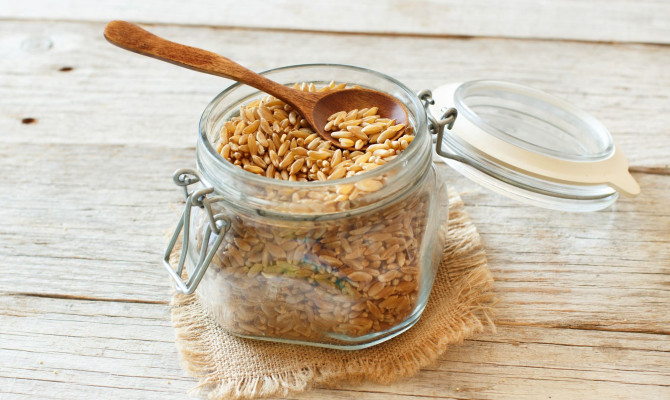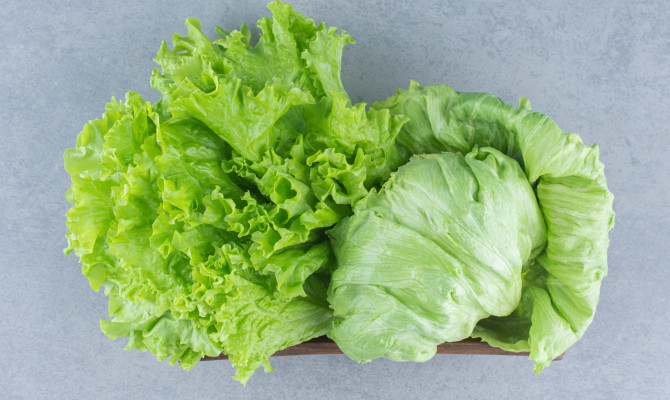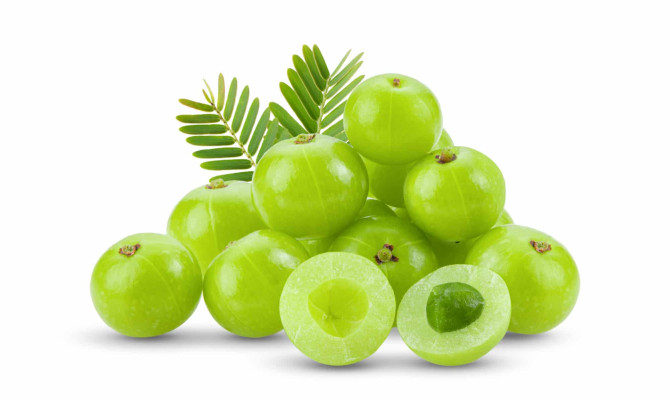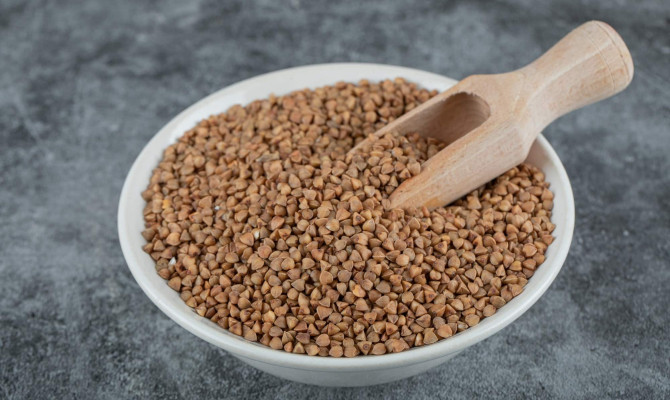Bell peppers and its health benefits

- Bell Peppers
- 16 Aug 2023
Overview
About Bell peppers
With its vibrant colors and unusual flavor, the bell pepper has become an essential in kitchens worldwide, used in everything from fresh salads to spicy stir-fries.
In this article, we will take an exciting journey through the world of bell peppers, learning about their history, unique health advantages, and the various ways we may eat them.

Benefits
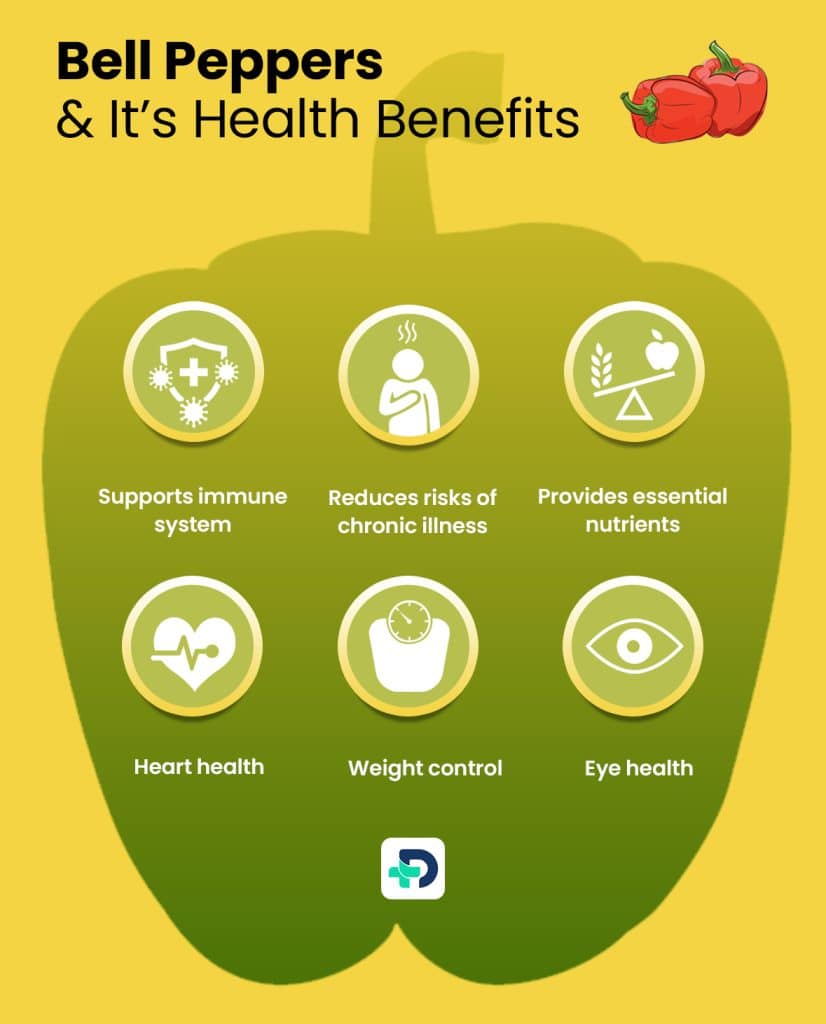
What are the benefits?
- Provides essential nutrients
- Reduces the risk of chronic diseases
- Boosts the immune system
- Promotes healthy digestion
- Improves heart health
- Good for eyes
- Supports weight management
They are a great supplement to a balanced diet since they provide a variety of health advantages. They can improve your health in the following ways, among others:
Bell peppers are nutritional powerhouse
Among the essential vitamins and minerals that are plentiful in them are vitamin C, vitamin A, vitamin B6, vitamin K1, folate, potassium, and manganese. These nutrients support several biological processes, including
- Boosting immunity
- Encouraging healthy eyesight
- Maintaining clear vision.1Benefits| Researched based study from Nlm.nih.gov
Reduces risks of chronic illness
Carotenoids, flavonoids, and vitamin C are abundant in them.
- Reduces the incidence of chronic illnesses, including heart disease, some cancers, and eye conditions like macular degeneration.
- Helps the body in defending against oxidative stress.1Benefits| Researched based study from Nlm.nih.gov
Supports immune system
They are an effective ally in promoting a healthy immune system due to their high vitamin C content. They helps in
- The formation of collagen
- Maintaining healthy skin and tissues
- Preventing infections, is made possible.
Gut wellness
- They are an excellent source of dietary fiber, which supports normal digestion and averts constipation. Additionally, fiber content and certain chemicals can support healthy gut microbiota, which enhances general digestive health.1Benefits| Researched based study from Nlm.nih.gov
Weight control
- Bell peppers are a great food for losing weight since they are low in calories and high in fiber. It encourages satiety, which prevents overeating and helps with weight reduction for maintenance.1Benefits| Researched based study from Nlm.nih.gov
Heart health
Fiber, antioxidants, and other healthy ingredients all boost heart health. They help
- Lowers cholesterol
- Reduces inflammation
- Lower the chance of developing cardiovascular conditions, like heart attacks and strokes.
Eye health
- Carotenoids, notably lutein and zeaxanthin, which are suitable for eye health, are abundant in bell peppers, especially red and yellow.1Benefits| Researched based study from Nlm.nih.gov
Nutritional profile
Nutrition in Bell peppers
Per 100 grams (3.5 ounces) of raw, edible portion:
- Calories: 20-30 calories (depending on the color and size)
- Fiber: 1-2 grams
- Carbohydrates: 6 grams
- Protein: 0.8-1 gram
- Fat: 0.2-0.3 grams.2Nutritional profile| Researched based study from Usda.gov
- Water: 92%
They are a great source of minerals and vitamins. Here are some critical nutrients found:
Vitamin C
- Vitamin C content in bell peppers is exceptionally high. Per 100 grams, they can supply more than 100% of the recommended dietary intake (RDI) for vitamin C.
Vitamin A
- Large carotene, a pro-vitamin A carotenoid, is a rich source of it. In the body, these substances are transformed into vitamin A.
- This is essential for the brain’s growth, metabolism, and generation of neurotransmitters.
Vitamin K1
- It is essential for blood clotting and proper bone development.2Nutritional profile| Researched based study from Usda.gov
Potassium
- They are an excellent supply of potassium, a necessary mineral that aids in controlling blood pressure and protecting the heart’s health.
Folate
- It is crucial for cell formation and development, particularly during pregnancy.
Antioxidants
- They provide protection from the damage that free radicals do to cells.2Nutritional profile| Researched based study from Usda.gov
Types
Types of Bell peppers
Green bell peppers
- They are the least ripe and taste slightly bitter. They are great suppliers of vitamins A and C but have lesser concentrations of certain antioxidants than more developed breeds.
Red bell pepper
- They taste sweet and delicious and are entirely ripe. They have more significant antioxidants and are rich in vitamins A and C.
Yellow bell peppers
- They taste sweeter than green peppers and are also entirely ripe. They have a small amount of antioxidants.
Orange bell peppers
- They are another ripe type and have a sweet, tangy flavour. In terms of nutrients, they are comparable to yellow ones.
Purple bell peppers
- They have a softer flavor and are less common. They contain lots of antioxidants and anthocyanins.1Types| Researched based study from Nlm.nih.gov
Which type of bell pepper is healthiest?
- The essential factor in choosing the healthiest one is the particular nutrients you value. However, red bell peppers are typically the most beneficial because of their high nutritional content and antioxidant profile.
- They have been found to have a higher antioxidant capacity, and vitamin C, which is essential for collagen development and maintains the elasticity and flexibility of skin, can boost collagen production for skin that appears young. They can help in moisturizing and brightening the skin.
Side effects
Side effects of Bell peppers
Allergic reactions
- Some people, however uncommon, are allergic to bell peppers. Itching, swelling, hives, or breathing difficulties can all be symptoms in more severe situations. Avoiding them if you have any adverse responses after swallowing is advised.3Side effects| Researched based study from Nlm.nih.gov
Intestinal problems
Compared to fiery chili peppers, bell peppers have substantially less chemical capsaicin. Capsaicin occasionally causes gastrointestinal discomfort, such as
- Bloating
- Diarrhea
- Stomach pain.
Limit your consumption of cell peppers or choose milder types if you are prone to stomach issues.6Side effects| Researched based study from Nlm.nih.gov
Pesticide residue
- When cultivated traditionally, bell peppers, like many other fruits and vegetables, could have pesticide residue on them. It is advised to wash them carefully before eating or consider buying organic cell peppers cultivated without pesticides.4Side effects| Researched based study from Nlm.nih.gov
Is bell pepper skin bad for you?
- No, eating the skin of a bell pepper won’t harm you. It is edible and rich in a variety of nutritional elements. However, some people could find the skin to be complicated or find it difficult to digest. Whether the skin is removed before ingestion in these situations is a personal decision.
Usage
How to incorporate bell peppers into your diet?
Raw in salads
- Slice bell peppers into strips or dice them and add them to fresh salad for a crisp and colorful addition.
Stuffed bell peppers
- Cut off the tops, remove the seeds and skin, and stuff bell peppers with a filling of your choice. Bake them until the peppers are tender, and the filling is cooked.
Roasted bell peppers
- Their natural sweetness is enhanced by roasting, which also intensifies their flavor. You can roast them in the oven, grill, or directly over a gas flame until the skin is charred.
Stir-fries and sautés
- Sauté sliced bell peppers with other vegetables, proteins (such as chicken, shrimp, tofu), and your choice of seasonings for a flavorful stir-fry.
Fajitas or tacos
- Serve it with tortillas, salsa, guacamole, and other toppings for a delicious Tec-Mex-inspired meal.
Skewers or kebabs
- Grill or bake the skewers for a tasty and visually appealing dish.
Soups and stews
- Add sliced or diced bell peppers to soups, stews, or chili recipes to introduce flavor, color, and nutrients to your comforting meals.
Sautéed or grilled as a side dish
- Simple sauté or grill bell pepper slices with olive oil, salt, and pepper for a quick and flavorful side dish to accompany your main course.1Usage| Researched based study from Nlm.nih.gov
Interactions
Interaction with medicines
Blood thinners
They have vitamin K in them, which aids in blood clotting. To guarantee the efficacy of your prescription if you use anticoagulant medications like warfarin, it’s crucial to maintain a regular vitamin K consumption.6Interactions| Researched based study from Nlm.nih.gov
Enhances absorption of iron
- Bell peppers are a strong source of vitamin C, which enhances the absorption of non-heme iron, is found in bell peppers. Combining bell peppers with iron-rich meals can improve absorption if you take iron supplements or have been told to eat foods high in iron.
Gastrointestinal medicines
- Capsaicin may induce gastrointestinal pain, especially in people with sensitive stomachs or digestive problems. It could be wise to decrease your consumption if you have a sensitive digestive system or are taking medications for gastrointestinal disorders.6Interactions| Researched based study from Nlm.nih.gov
Diuretics
- They contain potassium and high water content, which may affect the body’s electrolyte and fluid balance. It may be required to watch your potassium intake if you use diuretics that alter fluid and electrolyte balance. However, unless ingested in huge numbers, the potassium concentration of bell peppers is often low enough to cause worry.5Interactions| Researched based study from Nlm.nih.gov
Any feedback on this article?
 This Articles content was accurate
This Articles content was accurate Very Informative Article
Very Informative Article I have a question or a comment
I have a question or a comment
 This article contains inaccurate content
This article contains inaccurate content This article was not helpful
This article was not helpful I have a question or a comment
I have a question or a comment
We appreciate your helpful feedback!
Checkout our social pages
References
-
National Library of Medicine
Bell Peppers (Capsicum annum L.) Losses and Wastes: Source for Food and Pharmaceutical Applications | Benefits
-
U.S. DEPARTMENT OF AGRICULTURE
Peppers, sweet, red, raw | Nutritional profile
-
National Library of Medicine
A review of the effects of Capsicum annuum L. and its constituent, capsaicin, in metabolic syndrome | Side effects
-
National Library of Medicine
Bell peppers (Capsicum annuum) express allergens (profilin, pathogenesis-related protein P23 and Bet v 1) depending on the horticultural strain | Side effects
-
National Library of Medicine
Interactions between Food and Drugs, and Nutritional Status in Renal Patients: A Narrative Review | Interactions
-
National Library of Medicine
Effect of Pepper-Containing Diets on the Diversity and Composition of Gut Microbiome of Drosophila melanogaster | Interactions













